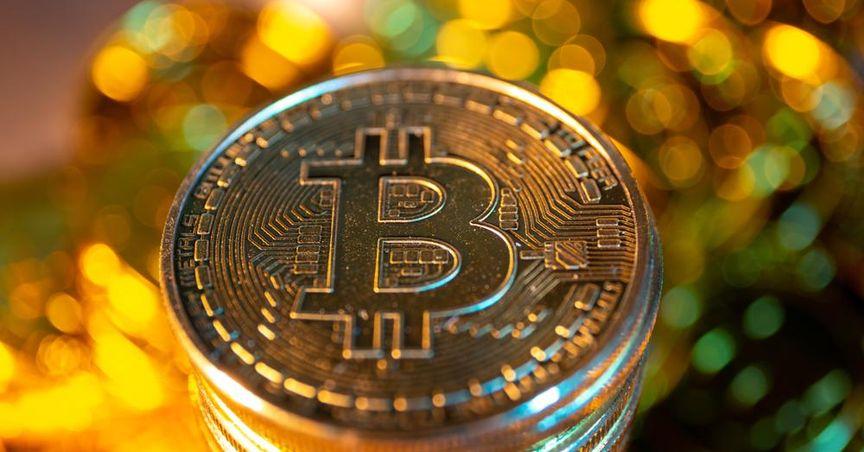Highlights
- Tariff Increase Impact Trump’s proposed tariffs could weigh heavily on global equity markets, especially the S&P 500.
- H1-B Visa Concerns H1-B visa policies remain under scrutiny, with potential changes affecting foreign talent acquisition.
- Bitcoin's Position As Trump takes office, the future of Bitcoin remains uncertain, amid potential regulatory shifts.
As Donald Trump begins his second term as President of the United States, global markets and industries are on alert for the impact of his policy shifts. With trade tariffs, immigration reforms, and the regulation of digital assets like Bitcoin on the agenda, both businesses and investors are bracing for potential changes that could shape the economic landscape for years to come.
Trump’s presidency was marked by a focus on economic nationalism, including his signature “America First” policies. This focus on increasing tariffs and reducing foreign imports could extend into his second term. A proposed 10% universal tariff could have wide-ranging consequences, particularly for global equity markets. Given that approximately 20% of the cost of goods sold by S&P 500 companies are imported, a tariff increase could squeeze profit margins and negatively affect earnings per share (EPS) for many large corporations.
Impact of Tariffs on Global Equity Markets
Global markets are likely to feel the strain as Trump’s tariff proposals could disrupt international trade relations, especially with China. The increase in tariffs could lead to costlier imports, ultimately affecting consumer prices and overall economic growth. For companies that rely heavily on international supply chains, managing these added costs could become a significant challenge.
The proposed tariff hikes could create significant headwinds for businesses, with particular emphasis on large-cap companies within the S&P 500. Many of these companies depend on global supply chains for materials and finished goods. Analysts suggest that a 10% tariff increase could reduce S&P 500 EPS by 3-5%, potentially undermining investor sentiment. With a global recession already a concern, heightened tariffs could add further pressure to an already uncertain economic environment.
Changes to H1-B Visa Policies A Shift in Immigration Strategy
In addition to tariffs, Trump has long focused on reforming immigration policies, particularly the H1-B visa program. This program, which allows skilled workers to come to the US, particularly from tech-heavy countries like India, has been a subject of controversy. Trump’s stance on limiting H1-B visas could alter the talent pool available to tech companies and startups in the US. As competition for skilled labor intensifies, businesses may face challenges in securing the right talent to maintain growth and innovation.
For industries heavily reliant on foreign talent, such as technology and engineering, a tighter H1-B visa policy could impact hiring strategies and force companies to seek alternative solutions. Companies in the S&P 500, as well as startups in Silicon Valley, could be among the most affected if fewer H1-B visas are issued.
Bitcoin A Regulatory Wildcard Under Trump’s Presidency
Bitcoin, the leading cryptocurrency, faces an uncertain future under Trump’s second term. The regulatory landscape for digital assets is still in flux, and Trump’s stance on cryptocurrencies could have profound effects on the market. Throughout his first term, Trump was vocal about his concerns regarding digital currencies, often questioning their legitimacy and potential risks to the financial system.
With a second term in office, Trump may take a more active role in shaping cryptocurrency regulation, particularly concerning anti-money laundering (AML) policies and tax regulations. A more stringent regulatory framework could dampen the speculative nature of Bitcoin, while increased scrutiny could lead to greater institutional acceptance. On the other hand, pro-crypto policies could stimulate market growth and adoption, particularly if Trump follows through on his promises to create a more crypto-friendly environment.
The Bottom Line A Complex and Uncertain Landscape
As Trump enters his second term, his proposed policies on tariffs, immigration, and cryptocurrency regulation will significantly impact both domestic and global markets. The potential consequences for global equity markets are noteworthy, with analysts predicting possible headwinds for S&P 500 companies. Similarly, changes to H1-B visa policies could reshape talent acquisition for US businesses, particularly in the tech sector. Finally, Bitcoin’s future remains uncertain as the regulatory landscape under Trump’s presidency continues to evolve.
The next few years could see a significant reshaping of the economic and regulatory landscape, and industries across the world will be closely watching Trump’s moves as they navigate the challenges and opportunities ahead.




